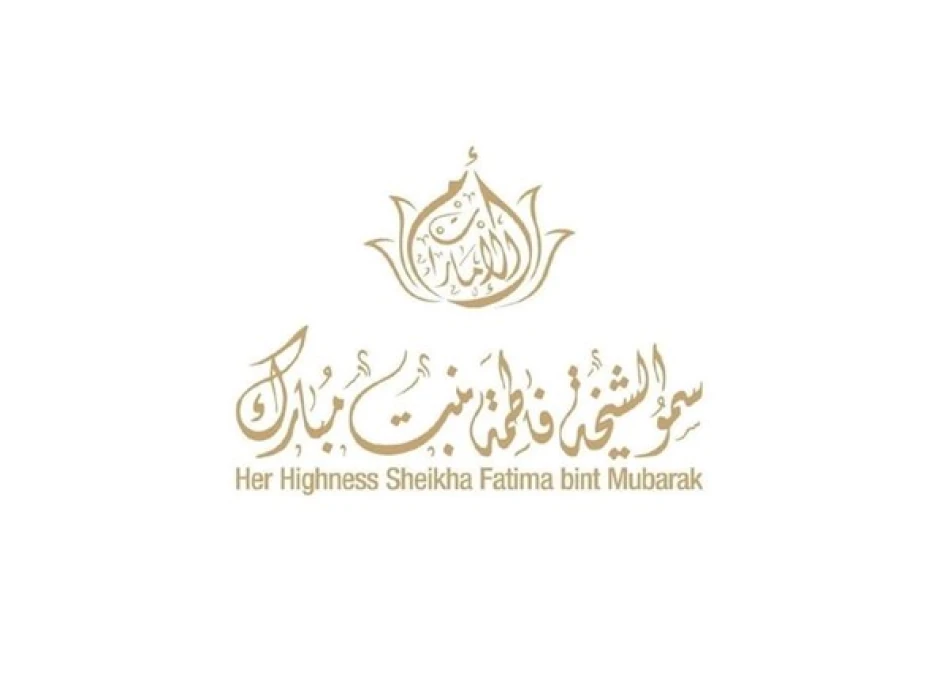
Sheikha Fatima Excellence and Community Intelligence Program Launched with Dhiyab bin Mohammed bin Zayed as Chair
UAE's "Mother of the Nation" Launches Major Community Excellence Initiative in Eighth Year
Her Highness Sheikha Fatima bint Mubarak, known as the "Mother of the Emirates," has approved the formation of a high-level committee for the eighth edition of her Community Excellence and Intelligence Program, signaling the UAE's continued commitment to fostering social innovation and recognizing exceptional community contributions. The move reflects the country's strategic focus on human capital development as a cornerstone of its post-oil economic vision.
Strategic Leadership Composition
The Supreme Committee will be chaired by His Highness Sheikh Dhiyab bin Mohammed bin Zayed Al Nahyan, Deputy Chairman of the Presidential Court for Development Affairs and Martyrs' Families. The committee brings together key figures from across the UAE's institutional landscape, including Major General Sheikh Mohammed bin Tahnoun Al Nahyan, Director General of Abu Dhabi Police, serving as Deputy Chairman.
The diverse membership spans education, economic development, community affairs, and specialized institutions, featuring Education Minister Sarah Al Amiri, National Media Office Chairman Abdullah bin Mohammed Al Hamed, and leaders from the Family Development Foundation, Community Development Department, and Abu Dhabi Economic Development Department.
Beyond Recognition: Building Sustainable Social Infrastructure
Human-Centered Development Model
Sheikha Fatima emphasized that the program reflects President Sheikh Mohammed bin Zayed Al Nahyan's vision of placing human development at the center of national progress. This approach aligns with global trends where nations increasingly recognize social cohesion and community engagement as critical factors for long-term economic competitiveness.
The initiative represents more than traditional philanthropy recognition. By focusing on "community intelligence," the program seeks to identify and scale innovative solutions to social challenges—a model similar to Singapore's social innovation frameworks and Denmark's approach to civic engagement.
Expanding Scope and Criteria
The program continues expanding its categories and evaluation criteria to capture emerging forms of social innovation. This evolution reflects the UAE's recognition that traditional volunteer work is being transformed by technology, data analytics, and new forms of community organizing.
The emphasis on "community intelligence" suggests the program is moving beyond simple charity recognition toward identifying individuals and organizations that demonstrate sophisticated understanding of social systems and innovative problem-solving approaches.
Strategic Implications for UAE's Social Development
National Cohesion in a Diverse Society
For a country where expatriates comprise roughly 85% of the population, programs that strengthen social cohesion carry particular significance. The initiative appears designed to create shared values and practices that transcend demographic differences—critical for maintaining stability in an increasingly complex regional environment.
The program's focus on inspiring "individuals and institutions to adopt best community practices" suggests a systematic approach to social development that goes beyond ad-hoc charitable activities toward building institutional capacity for community engagement.
Economic Diversification Through Social Innovation
While not explicitly economic in nature, the program supports the UAE's broader diversification strategy by developing human capital and social infrastructure. Countries with strong community engagement and social trust typically demonstrate greater economic resilience and innovation capacity.
The involvement of economic development officials in the committee structure indicates recognition that social cohesion and economic progress are interconnected, particularly as the UAE transitions toward a knowledge-based economy.
Regional Context and Global Positioning
The program's eighth iteration demonstrates institutional continuity that contrasts with the political volatility affecting many regional neighbors. By consistently investing in social development and community recognition, the UAE reinforces its positioning as a stable, forward-looking society.
The initiative also supports the country's soft power strategy, showcasing a governance model that balances traditional values with modern social innovation—potentially attractive to other developing nations seeking sustainable development pathways.
As the UAE prepares for its post-oil future, programs like this one represent investments in the social infrastructure necessary for a diversified, knowledge-based economy. The emphasis on recognizing and scaling community innovations suggests leadership that understands social capital as a measurable economic asset rather than merely a moral imperative.
Most Viewed News

 Layla Al Mansoori
Layla Al Mansoori






